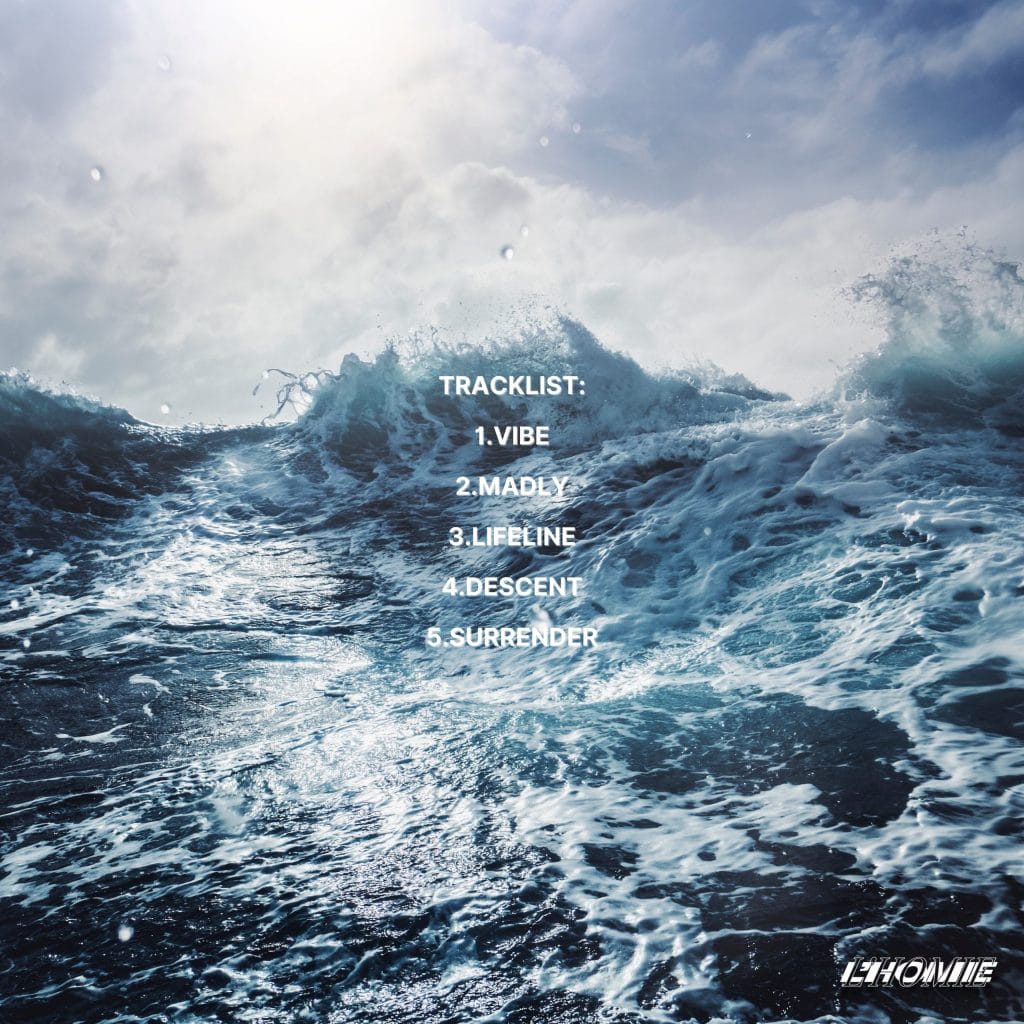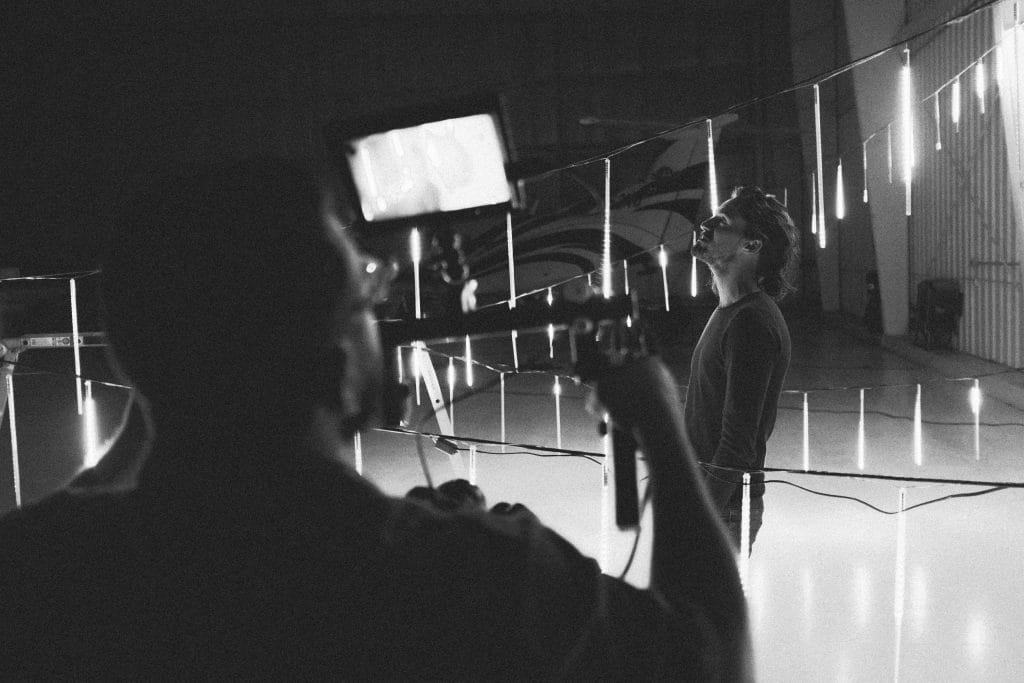Yuu Udagawa’s latest EP – Into Rapture – is another step in her ongoing exploration of analog warmth, electronic precision, and a genre-blurring approach that keeps her sound fresh. With roots in Detroit techno, krautrock, and minimal house, she blends intricate rhythms with an instinct for groove that feels both calculated and effortless.
Her releases on Compost Records, Cyphon Recordings, and Razor-N-Tape have solidified her presence in the underground, and this new record continues that momentum. It’s the kind of project that doesn’t just sit in one space—it moves, evolves, and pulls you in with its layered textures and hypnotic energy.
In this interview, Yuu opens up about the creative process behind the EP, why persistence is everything in the music industry, and the unexpected challenges that come with sustaining a career. She talks about growing up surrounded by music, the turning points that shaped her style, and how she’s built an international audience despite industry gatekeeping.
If you’re into music that prioritizes depth and movement, this conversation gives a real look at the mindset driving her latest work.
Snag The Release Here
Where did you grow up, and how did your environment shape your relationship with music?
I grew up in a town on the border between urban life and nature in Japan. My home was always filled with music—classical, The Beatles, Simon & Garfunkel, and Japanese city pop. Naturally, I developed a deep interest in music.
My father played acoustic guitar and percussion, which also had a strong influence on me. As a child, I watched a lot of TV, and the synthesizer sounds used in children’s programs and commercials fascinated me.
The contrast between the energy of the city and the tranquility of nature has also shaped my approach to music.
What’s the first memory you have of making music?
When I was a teenager, a friend who designed clothes asked me to create music for her fashion show.
At the time, I played guitar and rapped, but for the show, I decided to compose something completely new. I recorded bass, keyboards, rhythms, vocals, and sound effects on a recorder, layering them to create a piece. That process was incredibly exciting.
Later, I got a sampler (Akai MPC), but I struggled to use it. It wasn’t until I discovered Ableton Live that I truly immersed myself in music production.
Why do you think persistence is such an important part of making it in the music industry?
The music industry doesn’t deliver instant results—it takes time to establish a unique style.
I create music alone, but defining my sound is a process shaped through ongoing exchanges with listeners and labels.
At first, I had my own musical preferences, but my style wasn’t fully formed. It was through receiving feedback, seeing how people responded, and even reading how my music was described in media that I began to refine it.
For example, when I released my debut EP on Cyphon, it was introduced as “uncategorizable yet potentially at the forefront of the scene.” That phrase made me realize the direction my music was naturally heading.
By continuously repeating this cycle—creating, releasing, receiving feedback, and evolving—I’ve been able to solidify my artistic identity and deepen my connection with listeners. Persistence allows that process to unfold.
What’s the hardest part of maintaining a music career that people don’t often talk about?
The fact that I spend far more time on communication than on actually making music.
Since I work with people from different countries, I have to be extra careful with the nuances in emails and messages.
However, regardless of the language, one thing remains universal—sincerity and kindness always lead to better outcomes.
Expressing that in a language that isn’t my native tongue is still a challenge, but I’ve come to see communication as an essential skill in this industry.
What’s one thing you’ve learned about the music industry that surprised you?
Two things stand out.
First, the most successful artists who have had long, worldwide careers actively contribute to the industry beyond their own music. They introduce other artists’ tracks, helping to expand the scene, and strengthen relationships with labels and fellow musicians. I’ve realized that talent and self-promotion alone aren’t enough—building trust within the industry is just as important.
Second, the major music industry still enforces strict genre classifications.
At one point, I had the opportunity to be introduced to a major music company in Japan. The first thing they asked me was to define my genre with a single label.
Since my music blends multiple styles, ranging from club music to art-driven and environmental compositions, they struggled to place me into a specific category, and ultimately, the discussion didn’t progress.
In contrast, the international labels I work with today value diversity and originality.
I’m grateful to be in a space where I can create freely. Even if my music isn’t always embraced in my home country, there are people around the world who resonate with it.
With the internet connecting us globally, this era is full of possibilities.
The post Building a Global Fanbase Without Compromise—Yuu Udagawa on Her Path Forward appeared first on Magnetic Magazine.






